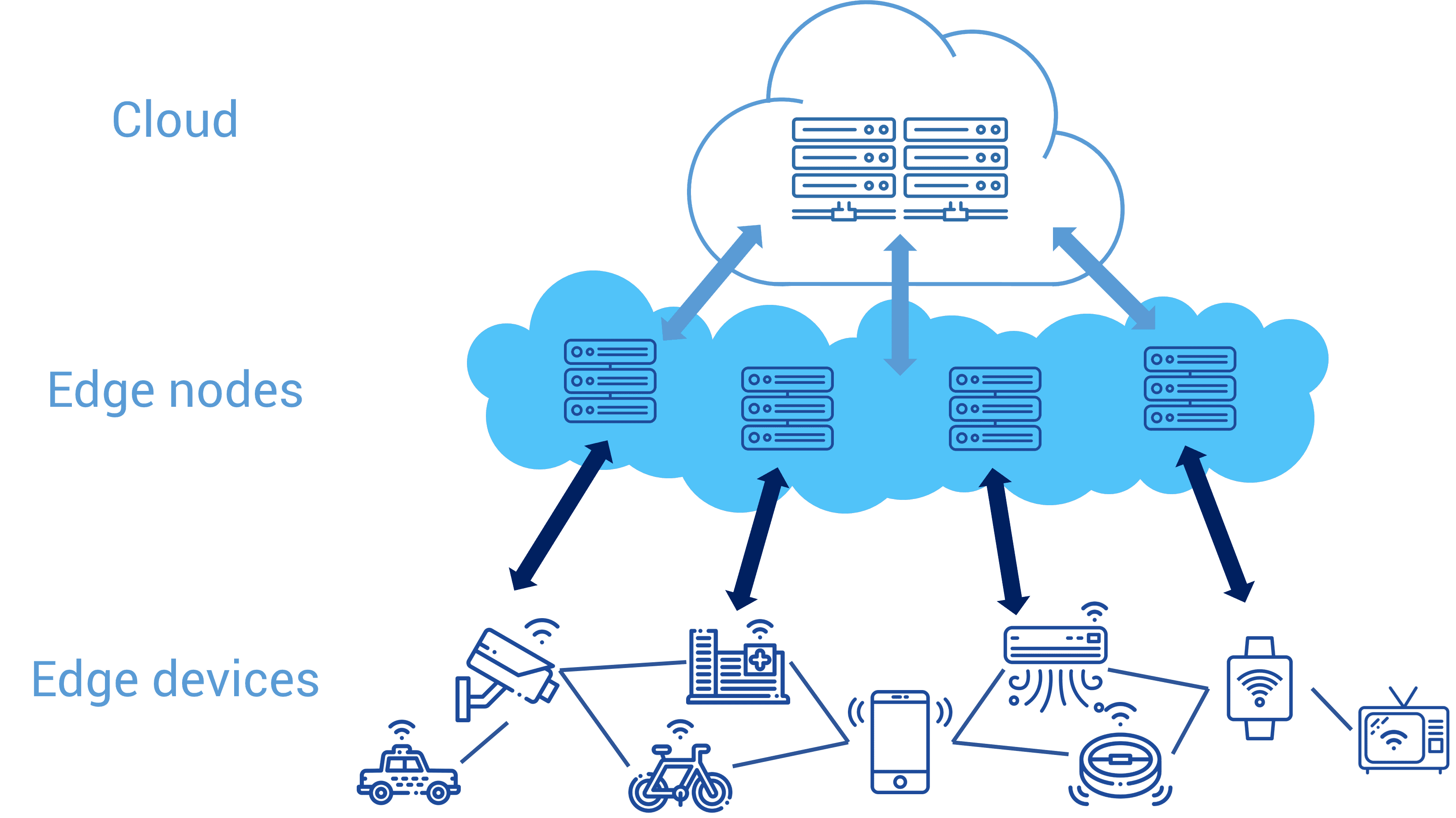As developers, we often stick to our familiar tools and workflows, potentially missing out on powerful features hiding in plain sight. Let’s explore some lesser-known but incredibly useful features in popular development tools that could significantly enhance your productivity.
VS Code: Beyond Basic Editing
While most developers know about VS Code’s excellent IntelliSense and debugging capabilities, fewer are aware of its built-in GitHub Copilot Chat integration. By pressing Ctrl+I (or Cmd+I on Mac), you can have AI-powered conversations about your code directly within the editor. This feature goes beyond just code completion, offering explanations, refactoring suggestions, and even test generation.
Another hidden gem is the “Debug: JavaScript Debug Terminal.” This special terminal allows you to automatically attach the debugger to any Node.js process you start, eliminating the need for manual debugger configuration.
Git: Advanced Features You Might Not Know
Git’s git bisect command is a powerful but underutilized feature. When you’re hunting for the commit that introduced a bug, git bisect performs a binary search through your commit history. You simply mark commits as “good” or “bad,” and Git efficiently narrows down the problematic change.
git bisect start
git bisect bad HEAD
git bisect good main~20
# Git will check out commits for you to test
git bisect good # or git bisect badThe git worktree command is another hidden powerhouse. It allows you to check out multiple branches simultaneously in different directories, perfect for maintaining feature branches alongside main:
git worktree add ../project-feature feature-branchDocker: Secret Management and Build Optimization
Docker’s build-time secrets feature remains surprisingly unknown. Instead of baking sensitive data into layers or using environment variables, you can securely pass secrets during build time:
RUN --mount=type=secret,id=mysecret cat /run/secrets/mysecretThe experimental --squash flag during builds can significantly reduce image size by combining multiple layers into one:
docker build --squash -t myimage .Chrome DevTools: Advanced Debugging
The Chrome DevTools’ “Coverage” tab is a powerful feature for identifying unused JavaScript and CSS. Access it through the Command Menu (Ctrl+Shift+P) and type “Show Coverage.” This tool helps optimize your frontend by showing exactly which code is executed and which isn’t.
The “Network Request Blocking” feature lets you simulate how your app behaves when specific resources fail to load. You can find it in the Network panel’s request blocking drawer, perfect for testing error handling and fallback behaviors.
npm: Workspace Magic
npm workspaces, introduced in npm 7, offer powerful monorepo management capabilities that many developers overlook. You can manage multiple packages in a single repository with shared dependencies:
{
"workspaces": ["packages/*"],
"name": "my-project"
}The npm exec command (formerly npx) has a lesser-known --package flag that lets you run commands from packages without installing them globally:
npm exec --package=typescript tscPostgreSQL: Performance Analysis
PostgreSQL’s EXPLAIN ANALYZE command is more powerful than most realize. Beyond basic query planning, it can show buffer usage and WAL record generation:
EXPLAIN (ANALYZE, BUFFERS) SELECT * FROM large_table WHERE id > 1000;Conclusion
These hidden features represent just a fraction of the powerful capabilities lurking in our everyday development tools. Taking the time to explore and master these features can significantly improve your development workflow and productivity. Remember, the best developers aren’t just those who write great code, but those who know how to leverage their tools effectively.
Consider diving into the documentation of your favorite development tools – you might be surprised by what you find. Share your discoveries with your team, as these hidden gems often become essential parts of a more efficient development process.
What hidden features have you discovered in your development tools? Share your findings in the comments below, and let’s build a more productive development community together.
This blog post was last updated November 2024. Features and commands may vary based on your installed versions.




